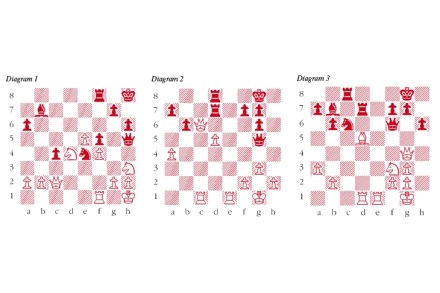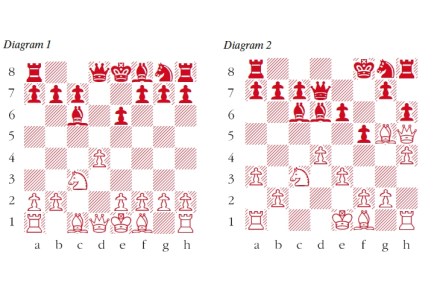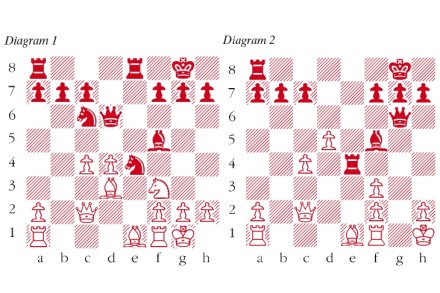Books of the year | 7 December 2017
The English Chess Federation has awarded its Book of the Year prize to Timman’s Titans: My World Chess Champions by Jan Timman (New in Chess). This is a good choice for a present: Timman’s book is aimed at both the expert and the general chess enthusiast, and describes his interactions with many world champions.




















